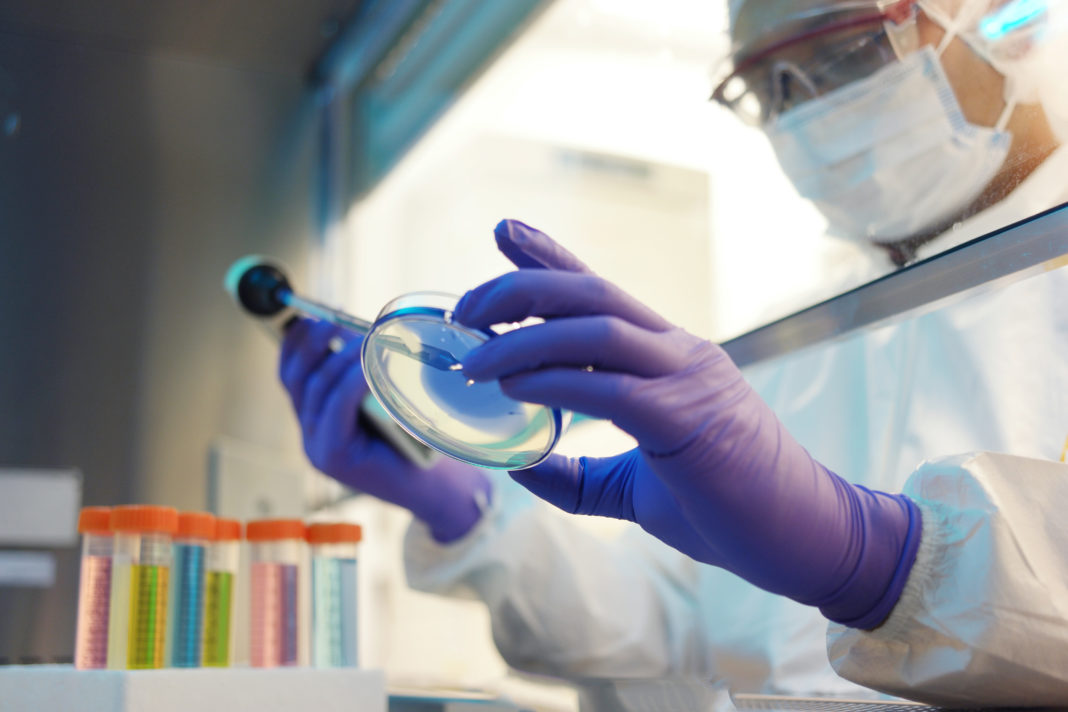Cell therapy manufacturers are increasingly exploring innovative approaches to autologous therapy production. These methods include point-of-care manufacturing, collaborations within major medical centers, and centralized operations by established biopharmaceutical firms. In these therapies, the patient plays a pivotal role in the supply chain, prompting many projects to be developed in close proximity to clinical settings.
While many academic centers operate good manufacturing practice (GMP)-compliant facilities, there is a notable distinction in their operational rigor compared to industry standards for commercial therapeutics. Jason Bock, PhD, CEO of CTMC, notes that “none of those [academic] sites go through a pre-approval inspection, which is okay for early clinical stages.” This lack of formal oversight can impact the consistency and quality of the therapies produced.
Challenges in Standardizing Quality Control
Quality control procedures, including method validation and standardized testing, remain unharmonized among academic medical centers producing autologous CAR T cells. This is an area that the UNITC consortium in France is actively addressing. Similar challenges affect other therapies, such as tumor-infiltrating lymphocytes.
To tackle these issues, Sartorius recently introduced a fully automated, closed platform designed to enhance the efficiency of autologous cell therapy production. According to their findings, this system can reduce per-dose labor costs by 85%, cut capital expenses for facilities by 50%, and increase throughput by a factor of 15 within the same spatial footprint.
Bock emphasizes that integrating such advanced systems can significantly streamline manufacturing processes. Efficient logistics coordination from apheresis at hospitals through to manufacturing at GMP facilities, culminating in the return of the product for patient infusion, is essential.
Building Connections Between Manufacturing and Clinics
“Our philosophy is to build industrial-grade manufacturing connected to major clinical centers,” Bock explains. This approach not only leverages efficient technology but also incorporates knowledge of institutional procedures to expedite the journey from research through to IND-enabling studies, interactions with the FDA, and clinical trials.
CTMC, which emerged from the MD Anderson Cancer Center‘s Therapeutic Discovery Division at the Texas Medical Center in 2022, exemplifies this model. Located in close proximity to MD Anderson, CTMC operates with a patient-adjacent strategy that integrates advanced cell therapy production directly alongside cancer treatment facilities. Earlier this year, CTMC formed a partnership with Syenex to incorporate the firm’s viral vector technology, enhancing both gene delivery and manufacturing scalability.
This collaborative approach aims to ensure that the therapeutics produced for academic center patients meet commercial biopharmaceutical quality standards. Although the connection between advanced manufacturing and clinical settings is gaining attention, Bock cautions against labeling it as a trend. “In our hands, cells don’t grow any faster,” he states, but optimizing interactions and processes allows manufacturers to reach their value inflection points more efficiently.
Ultimately, the integration of advanced biomanufacturing into clinical environments represents a significant advancement in the field of cell therapy. By addressing existing challenges and streamlining operations, these innovations hold the potential to enhance patient outcomes in the evolving landscape of personalized medicine.
